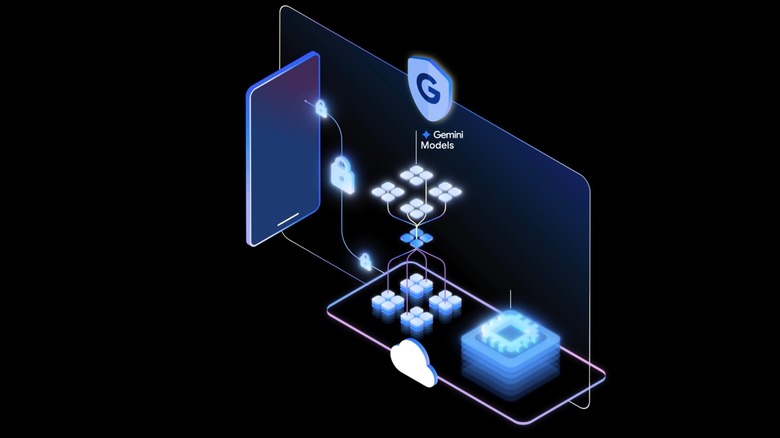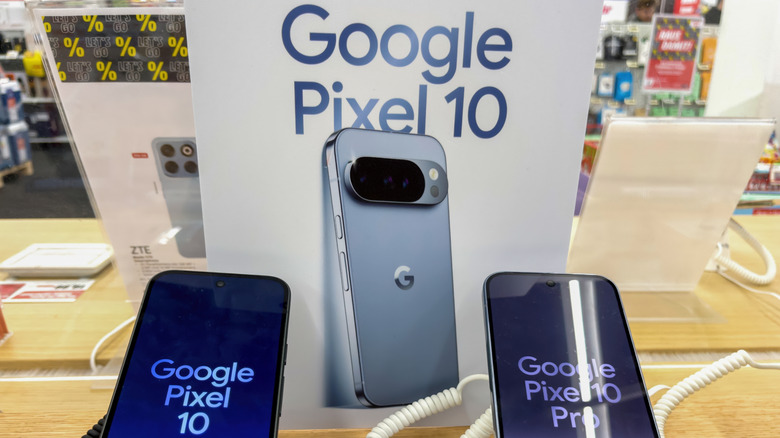Google Finally Introduces Its Own Version Of Apple's Private Cloud Compute
Private Cloud Compute is one of the things that stood out when Apple unveiled its initial Apple Intelligence vision at WWDC 2024. Apple devised a private cloud computing platform for AI tasks that can't be performed on the iPhone, iPad, or Mac. The data exchanged between the user and the Private Cloud Compute system is secure and private. Nobody can see it, not even Apple. When Apple unveiled its secure AI cloud platform, none of its competitors had anything like it, despite them being ahead when it comes to generative AI features. As of late November 2025, Apple remains behind its rivals in the AI race, but one of them is finally ready to match Private Cloud Compute. Google on Tuesday announced Private AI Compute, its equivalent to Apple's cloud AI platform.
Private AI Compute combines Google's powerful Gemini models with custom cloud hardware to encrypt user data exchanged with the servers and make it unavailable to third parties, "not even Google." The point of Private AI Compute is to let users enjoy more sophisticated AI features that require processing capabilities unavailable on Pixel phones and other devices. "AI is evolving to become even more helpful, personal, and proactive. It's moving from completing simple requests to AI that can anticipate your needs with tailored suggestions or handle tasks for you at just the right moment," Google said in a blog post. "This progression in capability requires advanced reasoning and computational power that at times goes beyond what's possible with on-device processing."
Private AI Compute will power Pixel features
Google explained that Private AI Compute runs on its custom Tensor Processing Units (TPUs) secured by "world-class privacy and security" achieved via Titanium Intelligence Enclaves (TIE). This design allows Google to run the latest Gemini models in the cloud "with our high standards for privacy and the same in-house computing infrastructure you already rely on for Gmail and Search." You can think of Private AI Compute like your personal and highly secure cloud space on Google's servers that will run more complex tasks that Gemini can't perform on-device using your phone's hardware.
That said, it's unclear what Gemini features will transition to Private AI Compute. Google only mentioned a few of them in the blog post, including Magic Cue, a Pixel 10 series feature that uses AI to extract relevant information you might need from other apps, including Messages, Gmail, Maps, and Calendar, and deliver it when you need it. That's the kind of highly personal information you'd want AI to handle securely. Google also said that the Recorder app on Pixel phones will use Private AI Compute to summarize transcriptions across a wider range of languages.
Google said this is just the beginning for Private AI Compute, with more updates to be disclosed in the future. It's likely that Google will transition more Gemini features to Private AI Compute, especially those handling personal user data. Also, it's likely Private AI Compute will be available to more Android users, though that's just speculation for now.

